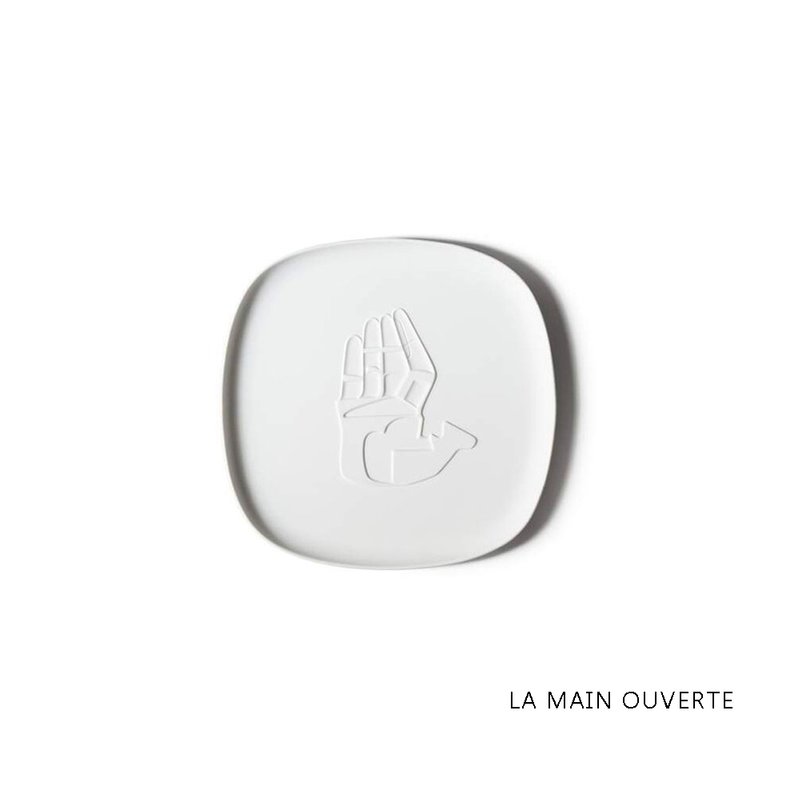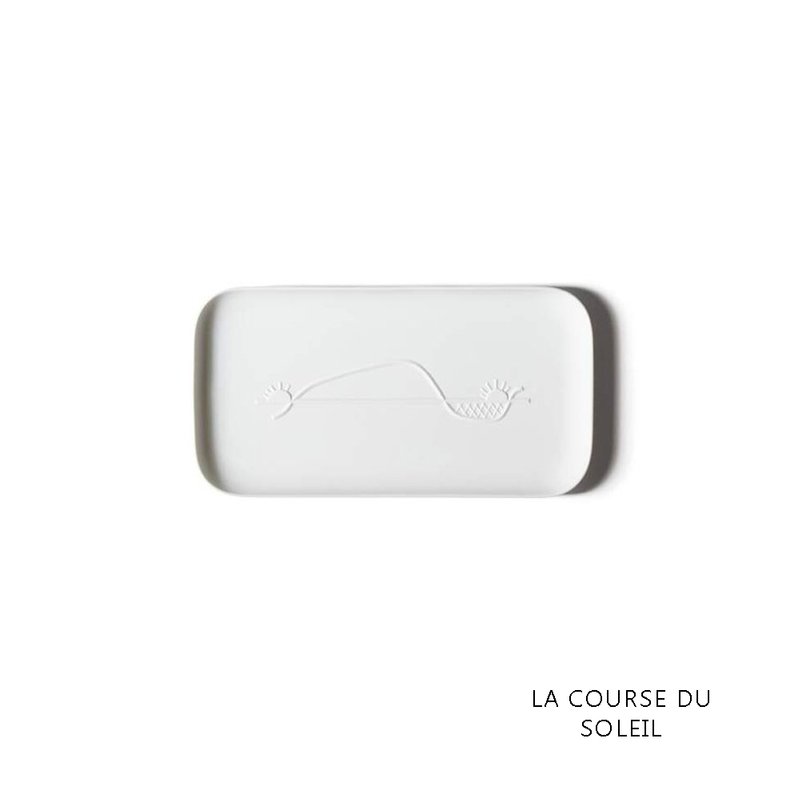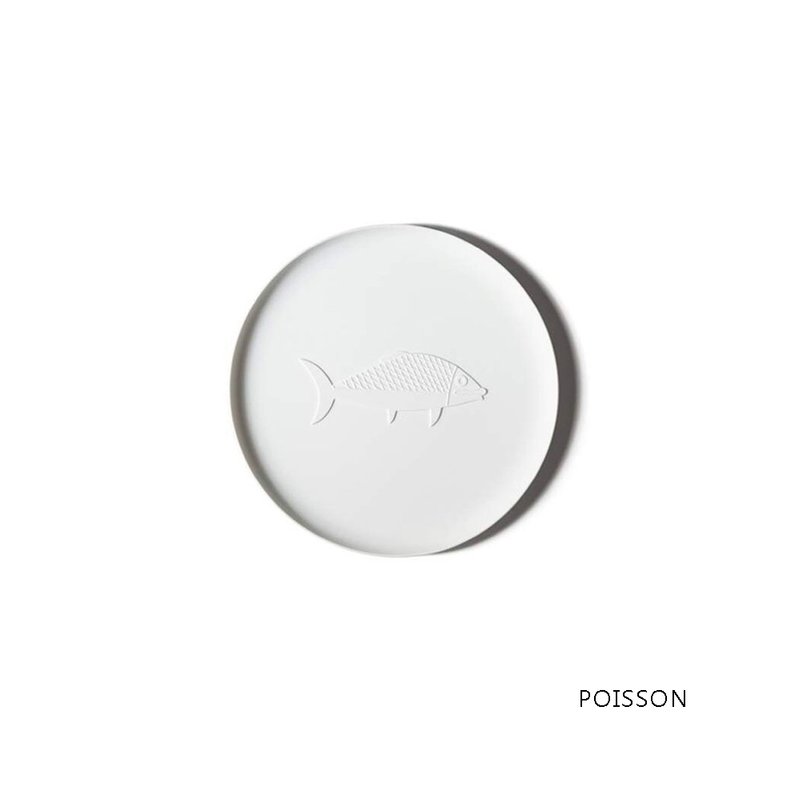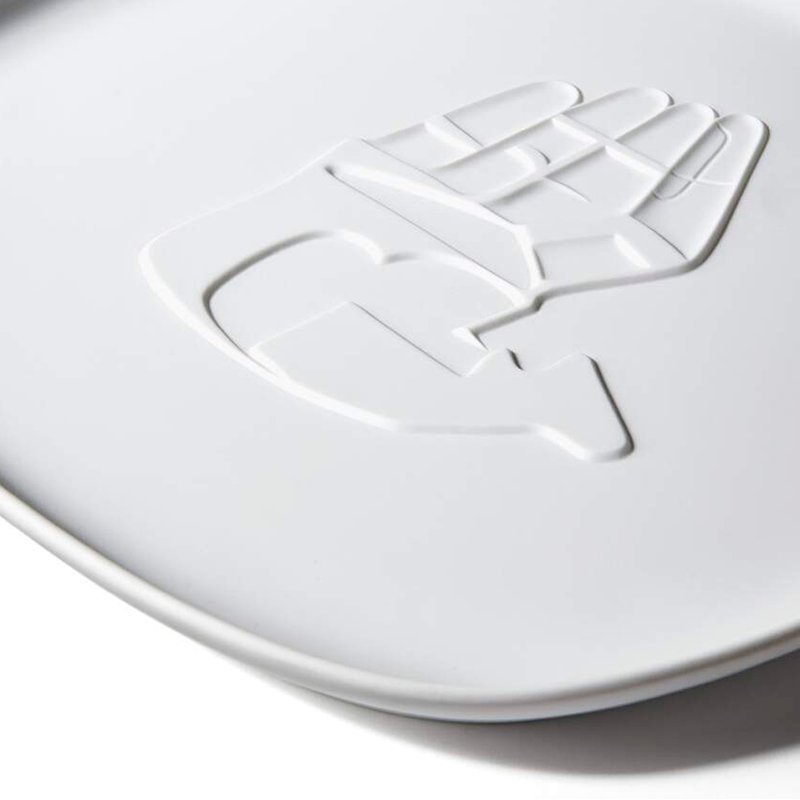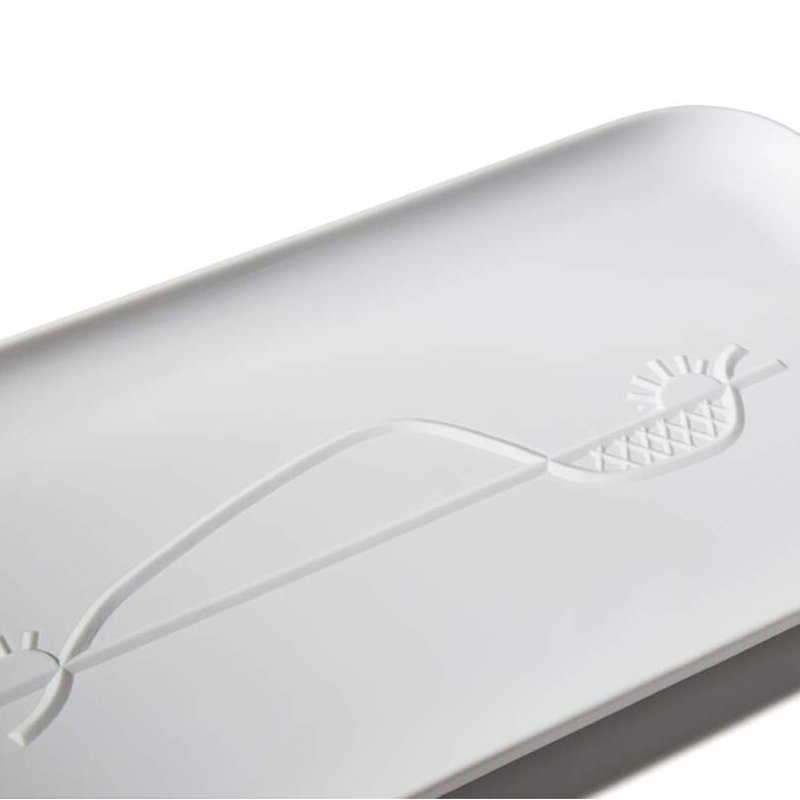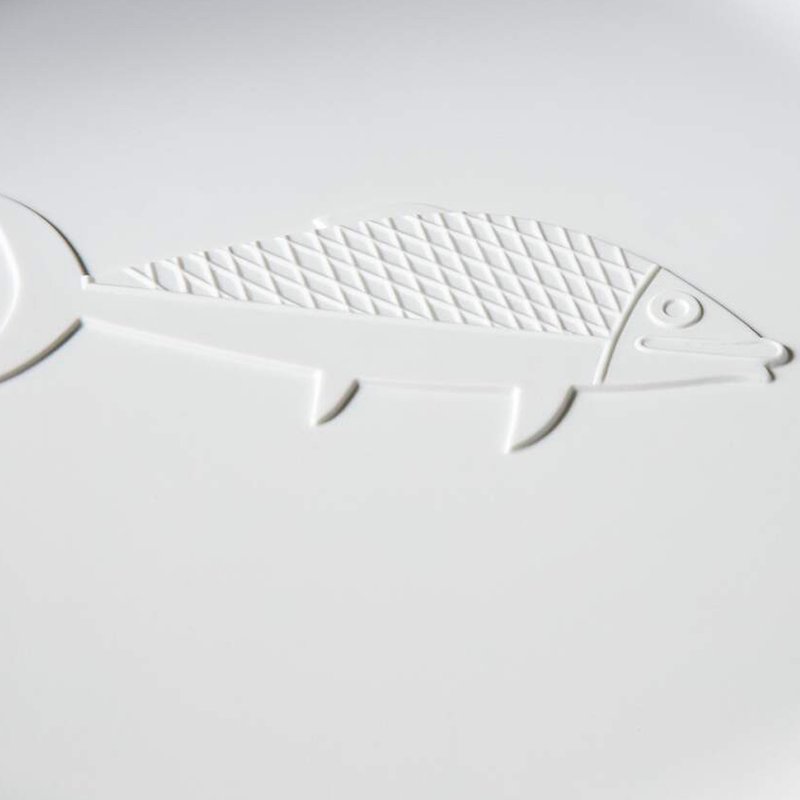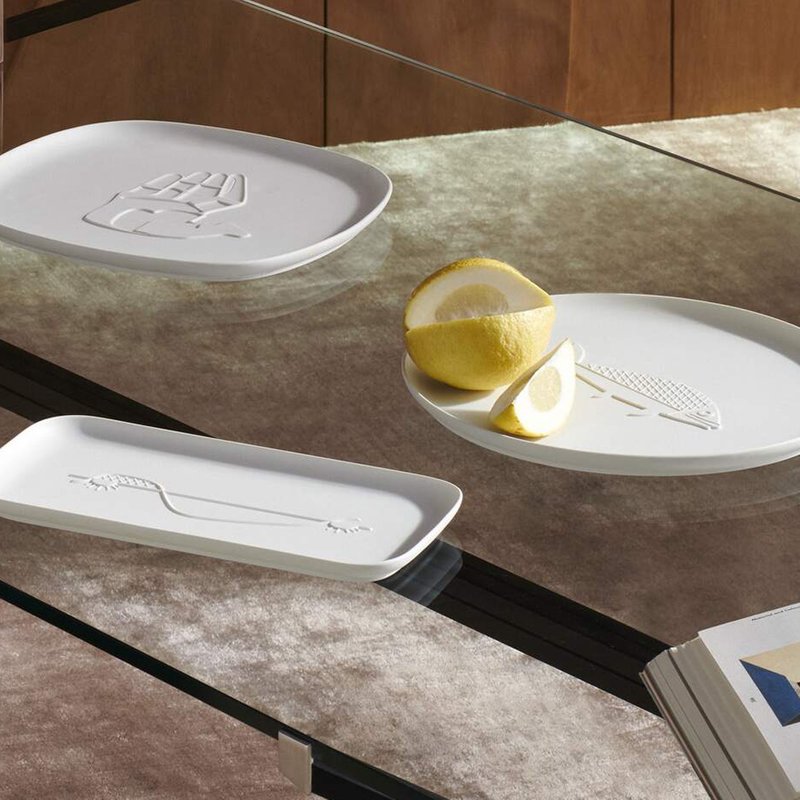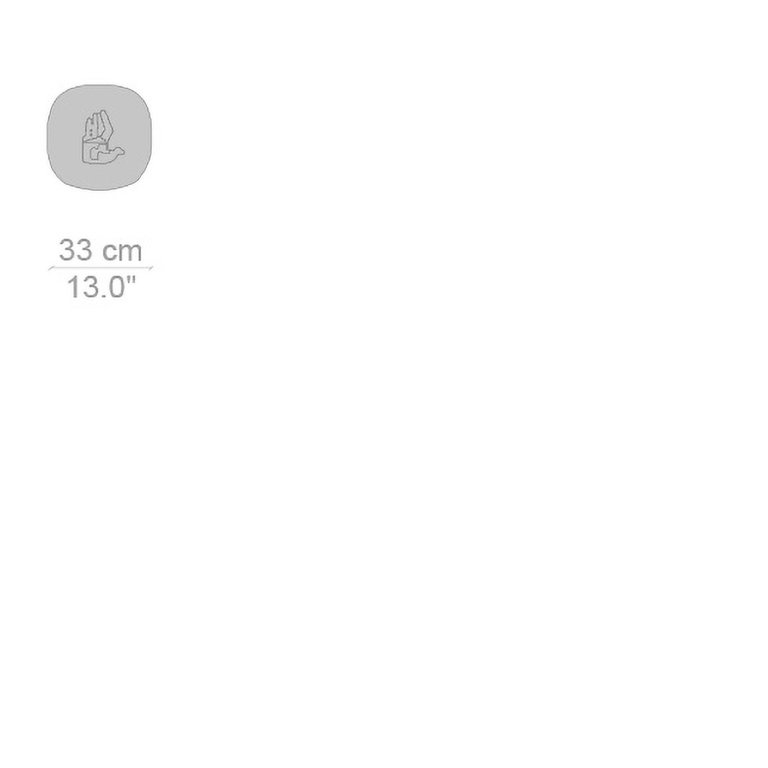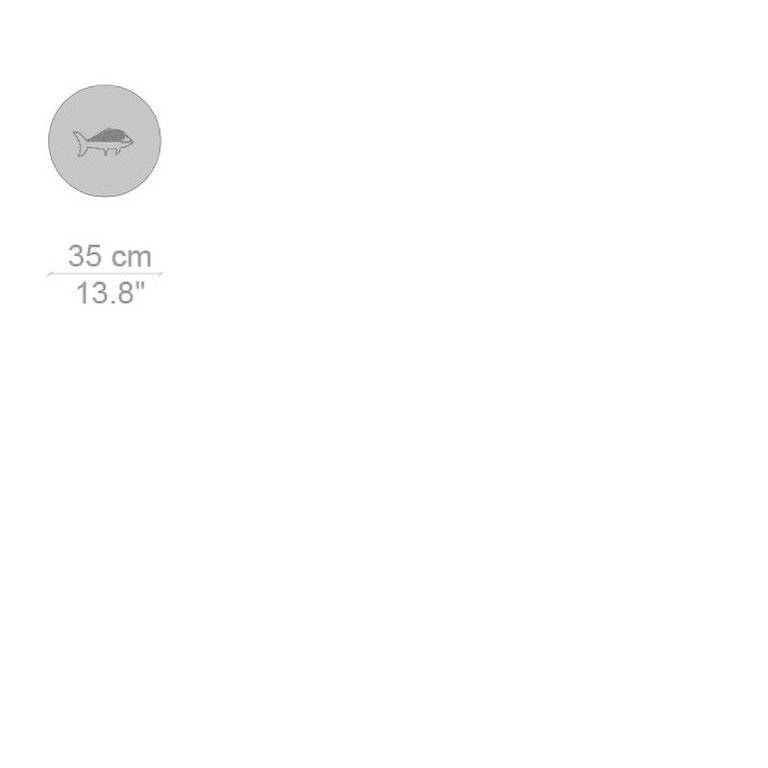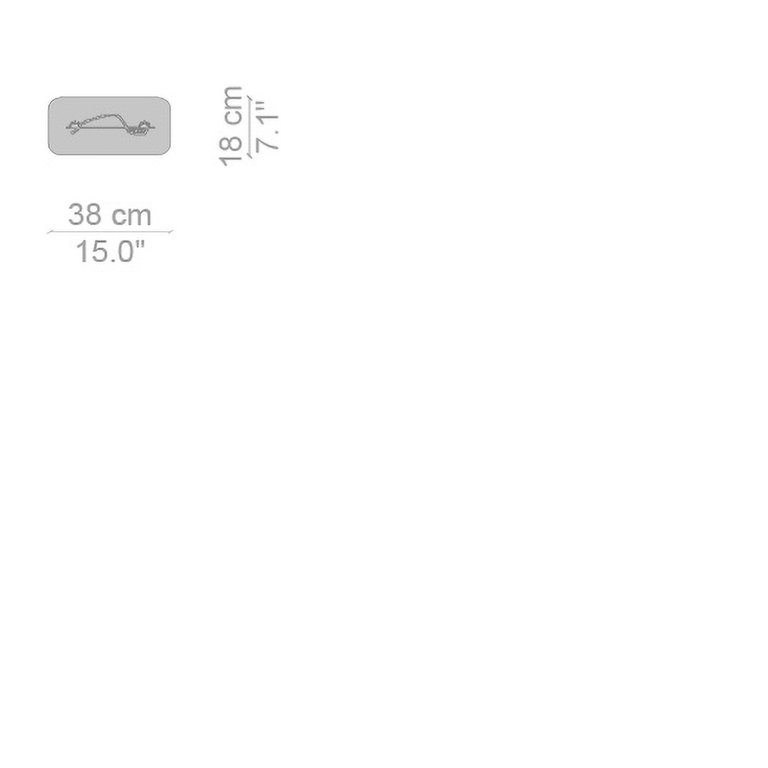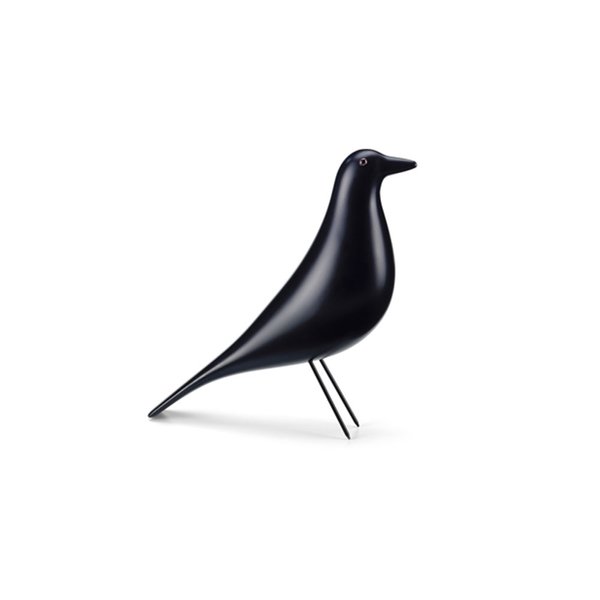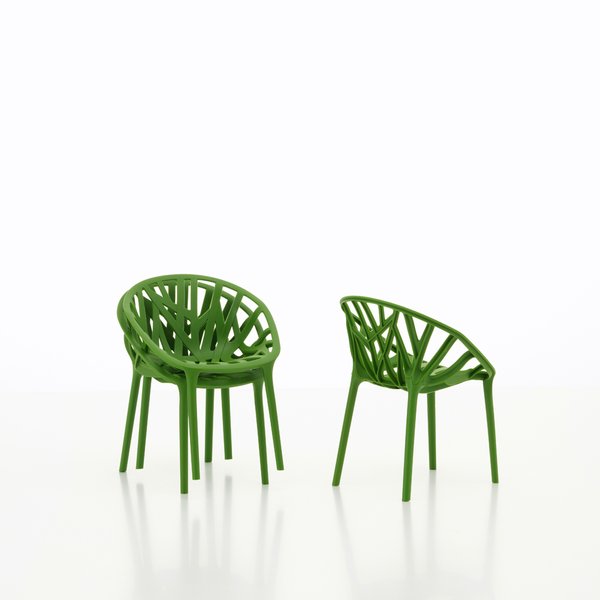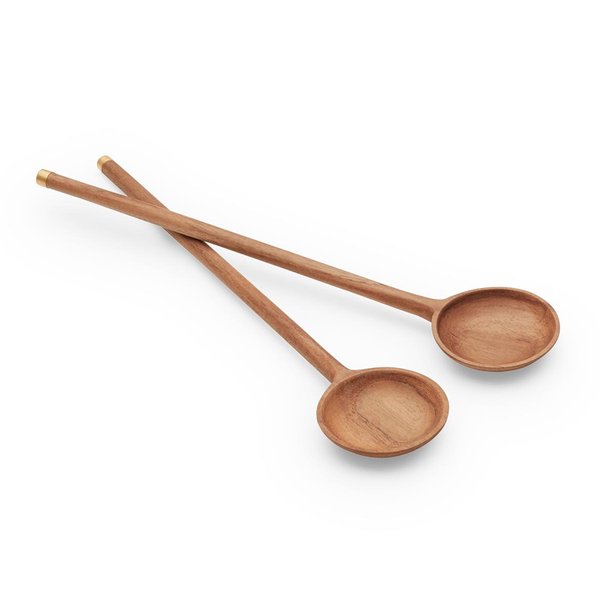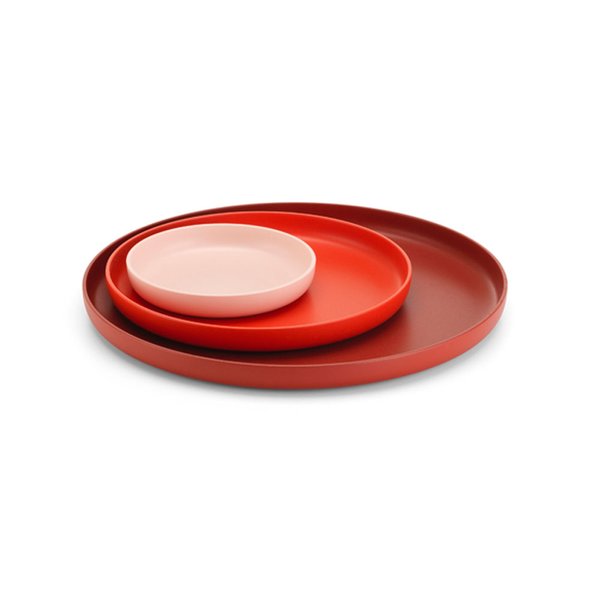Collection Chandigarh
Porcelain Trays
By Le Corbusier
| Material | : Pure unglazed porcelain; bas relief symbols. |
| Colour | : White |
| Dimensions | : Square tray 33 x 33 cm (La Main Ouverte) |
| Rectangular tray 34 x 18 cm (La Course du Soleil) | |
| Round tray Ø 35 cm (Poisson) |
All clearance / display items are final sale and sold as is.
Cassina in collaboration with Ginori 1735 and the Le Corbusier Foundation. Cassina takes its inspiration from the genius of Le Corbusier for a collection of three trays in pure, unglazed porcelain. These trays borrow some of the bas-relief symbols chosen for the walls of the buildings of Chandigarh, the city designed in the 1950s and now a UNESCO World Heritage Site. The same procedure can be seen in Marseille in the Unité d’Habitation on the sculptures moulées, symbolic designs embedded by Le Corbusier in the concrete – béton brut – taken from his figurative portfolio. Each tray, made by Ginori 1735, includes a design sketched by the Master in 1956: the open hand symbolising peace (square tray with rounded corners), the fish (round tray), the movement of the sun (rectangular tray).
| Material | : Pure unglazed porcelain; bas relief symbols. |
| Colour | : White |
| Dimensions | : Square tray 33 x 33 cm (La Main Ouverte) |
| Rectangular tray 34 x 18 cm (La Course du Soleil) | |
| Round tray Ø 35 cm (Poisson) |
All clearance / display items are final sale and sold as is.
Cassina in collaboration with Ginori 1735 and the Le Corbusier Foundation. Cassina takes its inspiration from the genius of Le Corbusier for a collection of three trays in pure, unglazed porcelain. These trays borrow some of the bas-relief symbols chosen for the walls of the buildings of Chandigarh, the city designed in the 1950s and now a UNESCO World Heritage Site. The same procedure can be seen in Marseille in the Unité d’Habitation on the sculptures moulées, symbolic designs embedded by Le Corbusier in the concrete – béton brut – taken from his figurative portfolio. Each tray, made by Ginori 1735, includes a design sketched by the Master in 1956: the open hand symbolising peace (square tray with rounded corners), the fish (round tray), the movement of the sun (rectangular tray).

